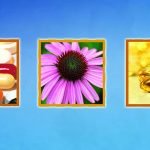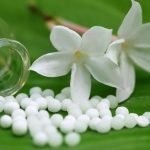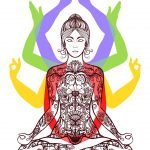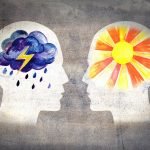Homeopathy is Mind/Body Medicine
Joe Kellerstein, DC, ND
I’ve been sitting for quite a while racking my brain trying to dredge up a case that resonates with the mind/body medicine theme of this issue. About two coffees ago, it dawned on me that I cannot. “Mind/body medicine” contains one of those nasty little artifacts of grammar that slides right by our conscious thought processes and hypnotizes us into a state of blind acceptance. In this case, it’s a “presupposition.” For example, take the sentence, “What’s an idiot like you doing writing an article for a respectable publication?” Before responding, “I am desperately trying to support flagging ego,” we are invited to accept the presupposition “I am an idiot” (clearly a ludicrous statement!). Presuppositions in language gradually mold attitudes and beliefs. Some care might be exercised in evaluating which ones are accepted and which deserve challenge.
Presupposition in Medical Classification
We often in a very medical manner say, “I am treating a case of arthritis.” It is tempting to respond, “How many come in a case?” or “What does arthritis look like since the nose job?” Yes, this is a conceptual separation of the illness from the person in order to classify the disease the way we classify species of life forms. How often have we challenged the presupposition that this is a valid classification, or the limits of its usefulness? Are diseases’ life forms separate from the individual? More importantly, is it possible we then treat our patients as if they were mere disease labels?
Homeopathy Perspective
Coming back to the “mind/body medicine” issue, I can hear my esteemed colleague Homer Simpson, ND scream “Doooooooh!” The term gives one the impression of a medicine that addresses a glorious reuniting of mind and body in healing. Homeopathic medicine has never conceptually divided them, so there is no reunification that is salient. Every prescription must account for all disease changes that have occurred in the organism since the earliest departure from health, or it will not work optimally. The homeopathic perspective in studying disease for the purpose of treatment is the patients, so that disease is altered experience. The study of remedies is from the perspective of altered human experience. Traditionally, medicine makes use of the abstracted subdivisions of chemistry, pathology, etc., so that disease is altered chemistry or tissue function, not altered life experience. This is an enormous contrast. In homeopathy, we study the medicine (e.g., Arsenicum) as an altered state with associated challenges. In clinical medicine, however, the drug counters (i.e., the mental construct of the purpose of the drug) tissue change or chemical events.
When the term “mind/body medicine” is used, a duality is still held. So, we do something supposedly to the mind that affects the body or vice versa, and call it holistic. Nonsense! This is all a mind game.
Every treatment always affects both, whether or not this is held in mind. Hahnemann, as usual, was way ahead of the game when he refused to play. Homeopathy treats the disease as an altered pattern of life experience, and it is the pattern that calls for and can be healed by a specific medicine that is congruent with the pattern. In this way, the mind/body duality has been sidestepped. Magically, we remain a whole person in the mind of the doc.
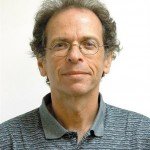 Joe Kellerstein, DC, ND graduated as a chiropractor in 1980 and as a naturopathic physician in 1984. He graduated with a specialty in homeopathy from the Canadian Academy for Homeopathy, and subsequently lectured there for two years. He also lectured in homeopathy for several years at CCNM; for eight years at the Toronto School of Homeopathic Medicine; and for two years at the British Institute for Homeopathy. Kellerstein’s mission is the exploration of natural medicine in a holistic context, especially homeopathy and facilitating the experience of healing in clients. For the past five years, Dr. Kellerstein has lectured for his own post-grad course in homeopathy, Homeopathy by the Book. The book is the Organon, and the course mission is to develop excellence regarding the basics of homeopathic prescribing; case taking; repertory; Organon as applied to real-life practice; and case analysis skills via modeling the masters. The course runs seven weekends per year for three years; distance learning is available (via digital recordings of weekend sessions). Students can preceptor in Dr. Kellerstein’s clinic, and mentoring is available.
Joe Kellerstein, DC, ND graduated as a chiropractor in 1980 and as a naturopathic physician in 1984. He graduated with a specialty in homeopathy from the Canadian Academy for Homeopathy, and subsequently lectured there for two years. He also lectured in homeopathy for several years at CCNM; for eight years at the Toronto School of Homeopathic Medicine; and for two years at the British Institute for Homeopathy. Kellerstein’s mission is the exploration of natural medicine in a holistic context, especially homeopathy and facilitating the experience of healing in clients. For the past five years, Dr. Kellerstein has lectured for his own post-grad course in homeopathy, Homeopathy by the Book. The book is the Organon, and the course mission is to develop excellence regarding the basics of homeopathic prescribing; case taking; repertory; Organon as applied to real-life practice; and case analysis skills via modeling the masters. The course runs seven weekends per year for three years; distance learning is available (via digital recordings of weekend sessions). Students can preceptor in Dr. Kellerstein’s clinic, and mentoring is available.


